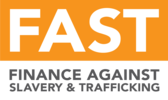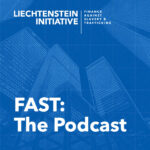Finance Against Slavery and Trafficking (FAST) is a global public-private partnership mobilizing the financial sector to fight modern slavery and human trafficking. The FAST Blueprint (September 2019) sets out five Goals and thirty Actions for financial sector actors to address modern slavery and human trafficking. This Insight focuses on expectations under FAST Goal 1, compliance with laws, when a government is involved in modern slavery and human trafficking.


